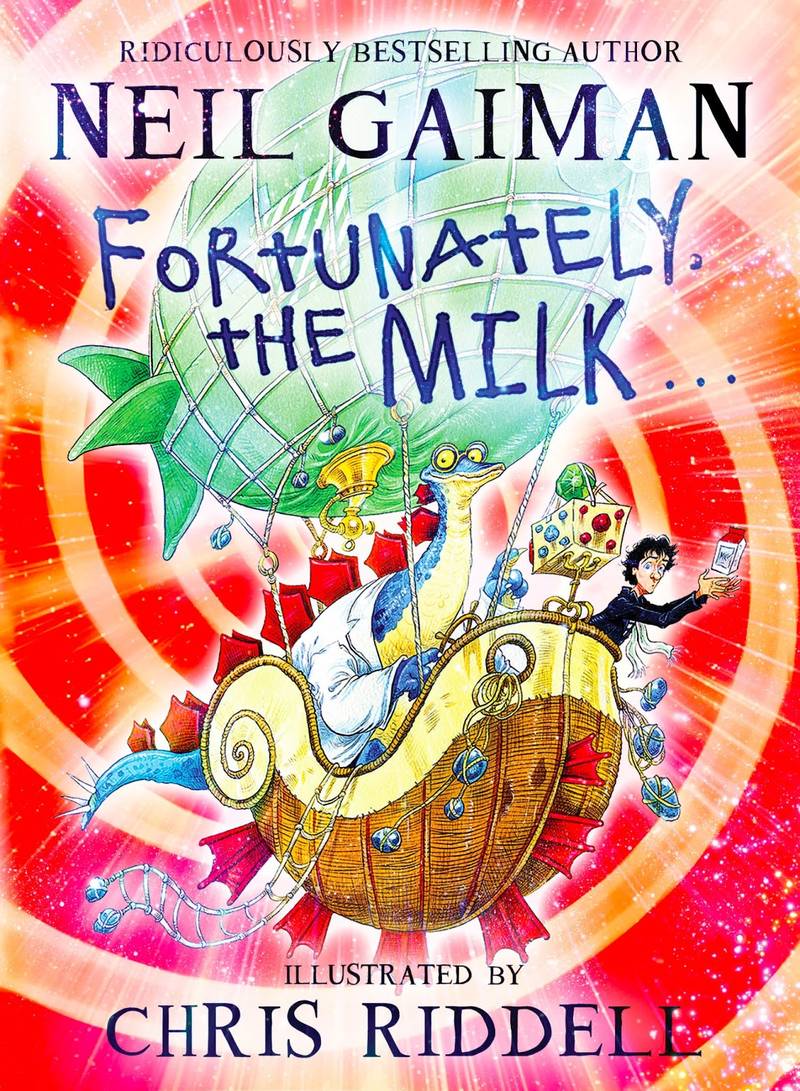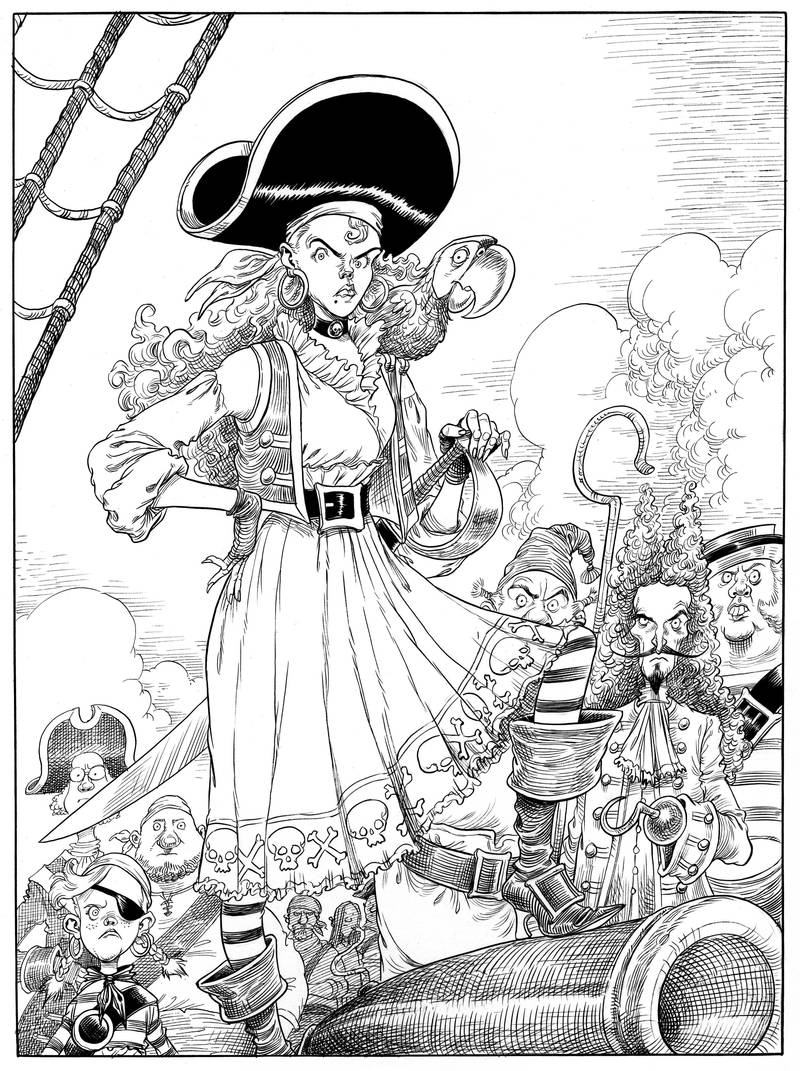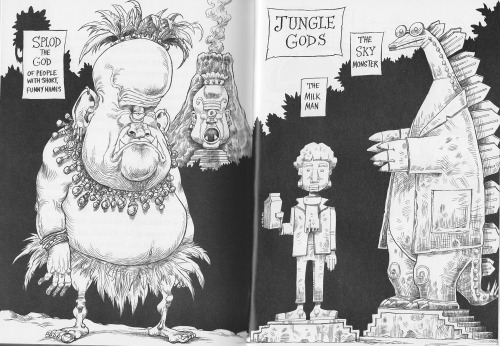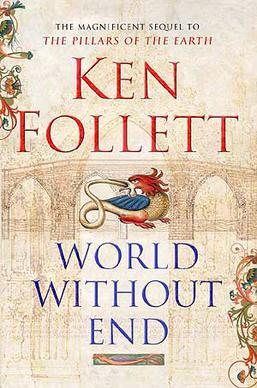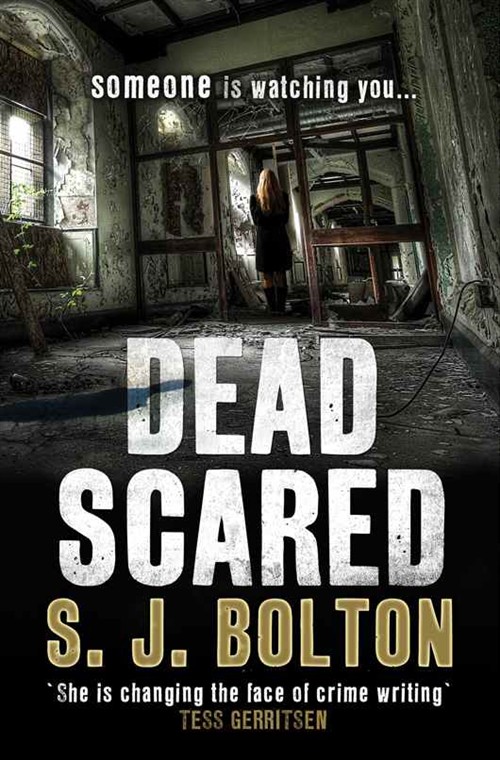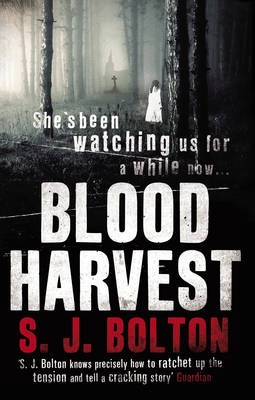Christmas is coming, the goose
is getting fat, but there’s nothing quite as Christmassy as a Christmas story:
Christmas how it
should be. Where it
snows, and Father Christmas brings presents. And so to get you in the mood,
here are my selection of Christmas scenes and stories from (mainly) children’s
books. Do you agree with the list, or have I missed something? Leave a comment,
and let me know!
Wind in the Willows,
Kenneth Grahame
There can be few things as
quintessentially English as
The Wind in
the Willows, and here Kenneth Grahame delivers a very English Christmas
indeed. Mole and Ratty are taking a winter’s walk, when Mole smells as scent
that’s familiar yet lost: his little house that he hasn’t returned to since the
day he met Ratty. He’s filled with both homesickness for Mole End, and shame at
its dreary shabbiness. Ratty is (as ever) the steadier of the two, and calms
and comforts Mole, whilst praising his home. They’re then joined by some
field-mice carollers, who accompany them for a miniature feast and mulled ale:
“soon every field-mouse was sipping and coughing and choking (for a little
mulled ale goes a long way) and wiping his eyes and laughing and forgetting he
had ever been cold in all his life.” The scene raises Mole’s spirits from
despair to joy in the company of friends, and in home comforts, which are the
twin pleasures of all sensible animals in
Wind
in the Willows. It also nicely shows the underlying structure to Mole and
Ratty’s bromance. A lovely scene, and one that will never cease to make me
smile.
The Snowman,
Raymond Briggs
There are very few cases where
an adapted film is superior to the original book, but I think in this case, the
wonderful cartoon definitely manages it. It’s never been bettered (sorry,
Snowdog; although you are cute). The book is very charming however, and like
the film, is entirely wordless. The tragic final picture will haunt snowy days
forever, but my favourite part is the sudden run, jump and soar into the air.
Absolute magic.
The Christmas Carol,
Charles Dickens

If you don’t count that one with
the baby, this must be
the Christmas
story. It’s a great tale of redemption: we can really enjoy Scrooge’s miserly
villainy, because we know he’ll come good in the end. Once he’s met the lovely
Ghost of Christmas Past, the jolly Ghost of Christmas Present, and the deeply
scary Ghost of Christmas Future, he repents of his meanness and starts to care
about others. Mr Fezziwig’s party is a fun Christmassy scene, but the classic
moment
has to be when Scrooge awakes
on Christmas morning: “What’s to-day, my fine fellow?” asked Scrooge. “Why,
CHRISTMAS DAY.” “Do you know the Poulterer’s? Do you know whether they’ve sold
the prize Turkey that was hanging up there? Go and buy it. I’ll send it to Bob
Cratchit’s!” whispered Scrooge, rubbing his hands and splitting with a laugh.”
What a classic. And
The Muppets Christmas
Carol is of course the best film version.
The Lion, the Witch and the Wardrobe,
CS Lewis
 The Lion, The Witch and The Wardrobe
The Lion, The Witch and The Wardrobe
is a controversial one. Tolkien hated it, and one can see why: having Father
Christmas (or indeed, Christmas at all) in a world without humans is rather a
surprise. But give logic a rest, and enjoy the fairytale magic of the scene. In
the bewitched land of Narnia, where it is “Always winter, and never Christmas”,
the goodies are trying to reach Aslan in order to defeat the White Witch, and
rescue their turncoat brother Edmund. Are the sleigh bells they can hear the
White Witch’s? Don’t worry, it’s just Father Christmas! Peter gets a sword and
shield (“Tools, not toys,”), Susan gets a bow, a quiver of arrows, and a magic
horn, and Lucy gets a healing potion and a dagger. Poor Edmund never gets a
thing from Father Christmas, who never seems to make a repeat appearance, so it
just goes to show – if you make his naughty list, even becoming a king and
being titled “the Just” isn’t enough to get you back on the nice list.

It may be tempting to dismiss the Father Christmas scene as silly, but it shows that the
White Witch’s power is waning –
and
it’s an essential plot device for
Prince
Caspian.
And it’s nice and
Christmassy. So there!
The Empty Stocking,
Richard Curtis and Rebecca Cobb
Speaking of naughty lists, Richard Curtis, he of
Blackadder
fame – alright, and
Four Weddings and
Notting Hill – has written a
picturebook. And the result is as fun as you’d hope, even if it isn’t an out
and out comedy. Santa is coming, which is fine for Sam, who is a good little
girl. But what about Charlie, who can be really
rather naughty? Santa comes,
and this being a story, things don’t turn out quite as they should do. Which
twin will wake up to an empty stocking? The illustrations are lovely, with
pictures by Rebecca Cobb, whose story
Aunt Amelia was included in my
Top Picturebooks of 2013.
Jesus’ Christmas Party,
Nicholas Allan
And yes, another Nicholas Allan
picturebook! His book
Heaven appears
on my
‘Picturebooks dealing with death’ post, and
The Royal Nappy is on the
‘Royal baby’ post. But what can I say, he
makes good books! Here, the Innkeeper is trying to have a good night’s sleep,
but keeps getting interrupted. Firstly by Mary and Joseph, then some shepherds,
and three kings – and as for those angels…! Nicholas Allan sometimes deals with
serious topics, but is always fun – and this is as fun and humorous a nativity
story as you could want. NB: His book "Father Christmas Needs a Wee" doesn't count as a serious book, though it probably feels pretty serious to him.
Hogfather,
Terry Pratchett

Alright, this one isn’t even Christmas, actually. Because on the Discworld,
people celebrate Hogswatch, when the Hogfather rides his magical flying pigs,
and delivers presents. But the Hogfather has disappeared, and the one person
who can take his place for the night is… Death, with the help of his
granddaughter, Susan. Even though Death is, well, Death, he’s a decent sort of
chap. He cares. And he knows that if he fails his mission – then the sun won’t
rise the next morning. As funny, inventive and insightful as ever, this
Discworld novel makes for a great alternative seasonal treat. The standout
scene isn’t especially… Hogswatchy, but a discussion between Death and Susan on
the nature of the Hogfather (or indeed, Father Christmas):
“All right," said Susan. "I'm not stupid. You're saying humans
need...
fantasies to make life bearable."
REALLY? AS IF IT WAS SOME KIND OF PINK PILL? NO. HUMANS NEED FANTASY TO BE
HUMAN. TO BE THE PLACE WHERE THE FALLING ANGEL MEETS THE RISING APE.
"Tooth fairies? Hogfathers? Little—"
YES. AS PRACTICE. YOU HAVE TO START OUT LEARNING TO BELIEVE THE
LITTLE
LIES.
"So we can believe the big ones?"
YES. JUSTICE. MERCY. DUTY. THAT SORT OF THING.
"They're not the same at all!"
YOU THINK SO? THEN TAKE THE UNIVERSE AND GRIND IT DOWN TO THE FINEST POWDER AND
SIEVE IT THROUGH THE FINEST SIEVE AND THEN
SHOW ME ONE ATOM OF
JUSTICE, ONE MOLECULE OF MERCY. AND YET—Death waved a hand. AND YET YOU ACT AS
IF THERE IS SOME IDEAL ORDER IN THE WORLD, AS IF THERE IS SOME...SOME
RIGHTNESS
IN THE UNIVERSE BY WHICH IT MAY BE JUDGED.
"Yes, but people have
got to believe that, or what's the
point—"
MY POINT EXACTLY.”
Lollipop and Grandpa’s Christmas Baby,
Penny Harper and Cate James
 Lollipop and Grandpa
Lollipop and Grandpa is a fairly
new picturebook series, and a thoroughly charming one, too. They introduce
childhood experiences (going swimming, exploring the back garden, having a
wobbly tooth etc) and use imagination to turn the day into an adventure! This
book manages to combine two picturebook staples: Christmas, and babies.
Lollipop is sure that her new baby brother is going to ruin Christmas. But
Grandpa is on hand to help out, and even if they can’t cook a turkey, they can
still make it a fun Christmas! And does the baby spoil Christmas? What do you
think?
Harry Potter,
JK Rowling

Thanks to
Harry Potter’s annual structure, it fits nicely with special times
of the year (Hogwarts students: be extra careful in Spring Term, as the story’s
climax will be approaching), which means that there are lots of Harry Potter Christmasses
to choose from. But as wonderful as Hogsmeade is, the one that sticks in my
mind the most is his very first Christmas at
Hogwarts (in
Philosopher’s Stone), where Harry discovers the Mirror of Erised.
Erised – desire, backwards – “shows us nothing more or less than the deepest,
most desperate desire of our hearts.... However, this mirror will give us
neither knowledge or truth. Men have wasted away before it, entranced by what
they have seen, or been driven mad, not knowing if what it shows is real or
even possible.” Harry aches to be in a loving family with his parents, and you
can feel his heart breaking. Beautiful but melancholy.

Compare that with Harry’s final
Christmas in the series,
(Deathly
Hallows) where Harry returns to the house his parents died for the first
time. Standing in the graveyard, he discovers their graves, whilst Hermione
hears the carol concert inside the church, and realises that it’s Christmas
Eve. The (once again) beautiful melancholy is interrupted by one of the creepiest
passages in the whole series: Bathilda Bagshot turning into scary snake lady.
After a frantic battle for their lives against Voldie’s snake and Horcrux
Nagini, Harry spends Christmas Day out cold. Not a good one.
The Nativity Play,
Nick Butterworth & Mick Inkpen/ The
Christmas Show, Rebecca Patterson

Both of these picturebooks are a
fun look at children’s nativity plays. Butterworth’s
Nativity Play sticks more closely to the story of Jesus’ birth, but
with bad donkey outfits. Patterson’s
Christmas
Show doesn’t go into the details of the Christmas story, because the
narrator isn’t really listening, and isn’t sure which part he is. But it doesn’t
matter if he sings the wrong lines – because his Granny thinks he was
brilliant!
The Nativity Play is
perhaps the better one for families looking at the story of Christmas, but they’re
both good entertainment.

It’s a long list, but there are plenty of others. What are your favourite
Christmas scenes and stories? Should I have had
The Night Before Christmas? How
the Grinch Stole Christmas? The Nutcracker? (There’s a gorgeous pop-up
version, that’s almost like being at the theatre!) Raymond Briggs of course did
a good Father Christmas – and so did Tolkien. What are your favourite Nativity
stories? Do leave a comment and let me know!
 It may not be much to look at, this book is comedy dynamite! Open book for explosions of laughter. Books may not seem much fun if they don't have any pictures, but the person reading the book has to say the words in the book, no matter how silly they are! This was written by the American Office star BJ Novak, and cause a big social media stir when it was released; largely due to this video:
It may not be much to look at, this book is comedy dynamite! Open book for explosions of laughter. Books may not seem much fun if they don't have any pictures, but the person reading the book has to say the words in the book, no matter how silly they are! This was written by the American Office star BJ Novak, and cause a big social media stir when it was released; largely due to this video: 

